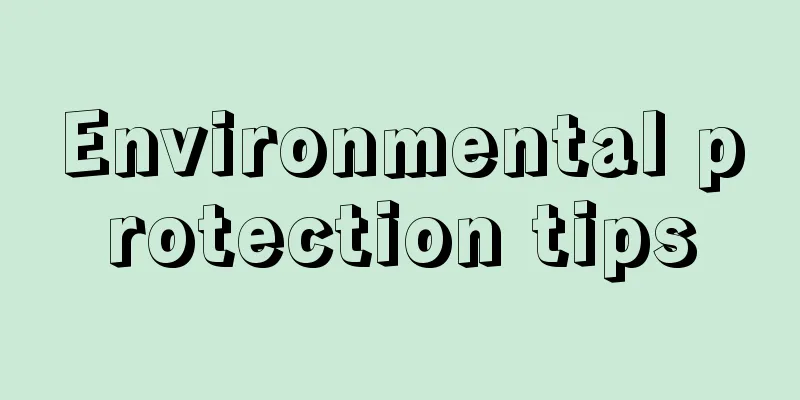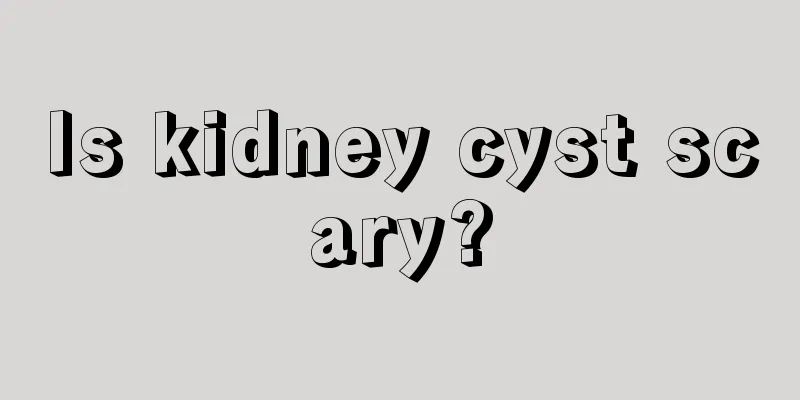Environmental protection tips

|
Don't think that because there are special people cleaning the environment, you don't have to pay attention to it, or that you don't need to do this job because you are busy with work. Environmental protection should start with yourself. It is not entirely up to the cleaners to serve and clean for us. Whether it is the environment at home or the environment outside in the yard, we need to set an example. First of all, saving water is very important. In normal times, try to use less detergent, save electricity, and minimize the pollution caused by transportation to the environment. This is very important. Protecting the environment starts with me. 1. Save water Turn off the faucet at any time to avoid wasting water; if you see a leaking faucet, be sure to tighten it. Use secondary water whenever possible. For example, the water used to wash rice or vegetables can be used to water the flowers; the water used to wash face and clothes can be saved to mop the floor or flush the toilet. If your flush toilet has a large capacity, you can put a Coke bottle filled with water in the water tank. This small action can save 1.25 liters of water each time. 2. Use less detergent Most detergents are chemical products that can pollute water sources. If there is too much grease when washing dishes, you can pour out the remaining grease first, and then use hot noodle soup or hot soapy water to clean them, so that too much grease will not be discharged into the waterway. Kitchen utensils with heavy oil stains can also be cleaned with baking soda and hot water. 3. Save electricity Turn off lights, use fewer electrical appliances and air conditioners to help slow global warming; do not leave the TV in standby mode for a long time; just turning it off with the remote control does not actually completely cut off the power. Each color TV consumes about 1.2 watts of electricity per hour in standby mode; use energy-saving lamps. Although energy-saving lamps are expensive, they save more electricity than ordinary lamps. Cooking rice with warm or hot water can save 30% of electricity. 4. Transportation When traveling, try to take buses, subways, or bicycles, and drive your own car less often to reduce exhaust emissions. People who own private cars should try to use unleaded gasoline, as lead can seriously damage a person's health and intelligence. 5. Save forests Use fast food boxes, paper cups, paper plates, etc. less often, especially use chopsticks less often. Disposable chopsticks were invented by the Japanese. Japan's forest coverage rate is as high as 65%, but their disposable chopsticks are all imported. my country's forest coverage rate is less than 14%, but it is a major exporter of disposable chopsticks. |
<<: What to do with a halo nevus
>>: Environmental protection knowledge tips
Recommend
Can early primary lung cancer be completely cured?
Can early primary lung cancer be completely cured...
What are the symptoms of renal hamartoma?
Renal hamartoma is a benign tumor mainly composed...
What can cause liver cancer? Eating 5 kinds of food can prevent liver cancer
Research by the U.S. Food and Drug Administration...
What is the relationship between glycosylated hemoglobin and blood sugar
Many people do not understand the relationship be...
There are so many neck massage techniques
Cervical spondylosis is a common disease among ma...
Effects of drinking water soaked with Amaranthus zhi and people who are not suitable for it
I think many people have eaten Amaranthus zhizhi....
What to do if you have bad breath when sleeping at night
Be sure to develop good living habits before goin...
Probability of inheritance of muscular dystrophy
It is well known that humans have many genetic di...
Can herpes be broken
Everyone knows the harm that herpes can cause to ...
Why does the fetus stop growing during pregnancy
If a pregnant woman's fetus suddenly stops gr...
How to fix the problem of steamed buns not rising
We all know that steamed buns are made by steamin...
What are the causes of death from gallbladder cancer
Clinical observations have found that in the late...
What medicine should I take when my ears are itchy and I have a fever? Find the right method
I believe that everyone cleans their ears on a da...
Overview of the 5 major symptoms of advanced lung cancer
Lung cancer is a highly malignant tumor. The cond...
What are the dangers of sleeping for a long time?
Many people have the habit of staying in bed, esp...









